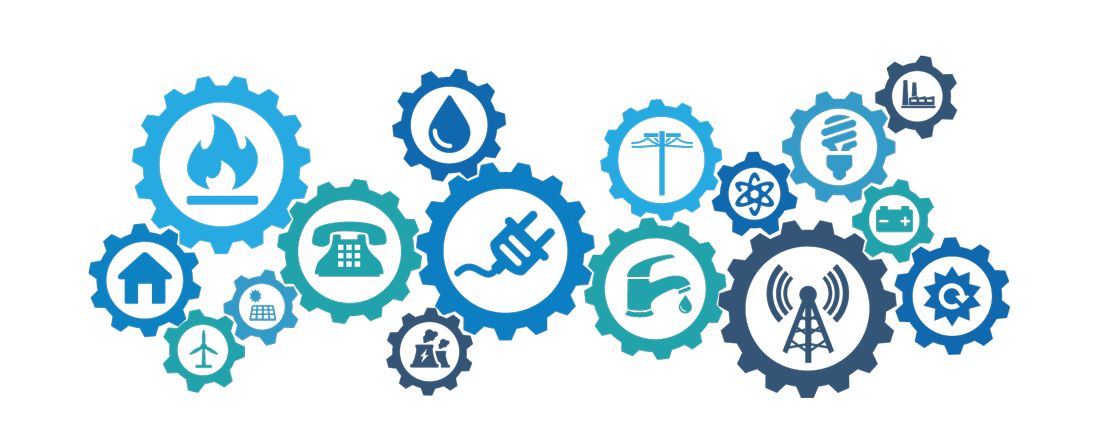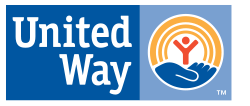There are numerous open grants available through The Allegany County Department of the Social Service to assist with housing, rent and utility expenses. Contact the Resource Management Team at Department of Social Services at 301-784-7000 to determine if you qualify for these programs. They are identified below by the name of specific grant, but social service workers will be able to steer to the right program when you inquire…
E-RAP
Grant will cover rent, utilities, and other housing related costs to include security deposit, storage units, application fees and new internet service. Eligible applicants must have been impacted by COVID either directly or indirectly i.e. loss of employment, employment hours reduced, unable to work due to child care/virtual schooling needs or to care for someone impacted by COVID, unable to maintain mental health or substance use treatment due to restrictions, etc. The grant can pay up to 12 months in back rent owed and an additional 3 months of future rent with a 15-month maximum. Acceptable documentation is a bill, invoice, or statement from the provider. Eligible applicants cannot have income that exceeds 80% Area Median Income based on household size.
EAP
Grant will cover one month’s past due rent to include include court cost and fees. Eligible applicants must have a court ordered eviction. No income limits.
HSP
Grant will cover new rent (RRH), current rent (HP), emergency shelter (hotel costs) and outreach. Eligible applicants must be able to provide proof of homelessness or verification of an emergency. No income limits.
ESG-CV
Grant will cover new rent (RRH), current rent (HP), emergency shelter (hotel costs) and outreach. Grant can be used to cover mobile home lot rents, security deposits, utility payments, moving costs and up to 3 months of storage unit fees. Eligible applicants must have a court ordered eviction. The new rent grant (RRH) has no income limits. Current rent (HP) grants are limited to applicants with income that does not exceed 50% of Area Median Income based on household size.
EHP
Grant will cover rental assistance and shelter expenses. Grant can also cover security deposit and one month’s rent. Eligible applicants must provide proof of homelessness or a letter from the landlord as proof of an emergency. Eligible applicants cannot have income that exceeds 50% Area Median Income based on household size.
EAFC
Grant will cover rental assistance and utility terminations. Eligible applicants must have a child under the age of 21 residing in the home, a court ordered eviction or termination from the utility company. Eligible applicants can only receive this grant one time in a 24-month period and meet OHEP eligibility guidelines.
OHEP (Utility Assistance)
OHEP provides bill assistance to low-income households to make their energy costs more affordable, to prevent utility terminations, and to assist with restoration of utilities. There are several grants available through OHEP (listed below). Eligible households’ income cannot exceed 175% of federal poverty level (FPL) unless there is an individual ages 67 or older in the home which increases income eligibility to 200% FPL.
- • Maryland Energy Assistance Program (MEAP)
- Provides a grant to assist with home heating bills. Payments are made to the fuel supplier and utility company on the applicant’s behalf.
- • Electric Universal Services Program (EUSP)
- • Provides a grant to assist with electric bills. Eligible customers receive assistance that pays a portion of their current elect bills. Payments are made to the electric provider on the applicant’s behalf.
- • Arrearage Retirement Assistance
- • Provides a grant to assist individuals with large, past due gas and electric bills. Eligible applicants may receive a grant up to $2,000 towards their past due bill. Applicants that have a past due bill of $300 or more are eligible for this assistance. Applicants may only receive an arrearage grant once every 5 years, with certain exceptions. Arrearage grants received between January 1, 2020 and December 31, 2021 will not count towards the 5 year limitation.


